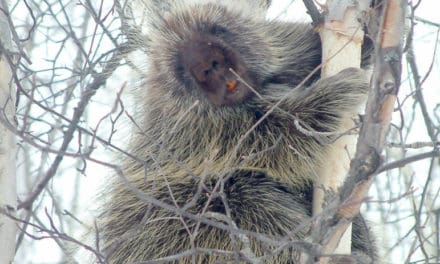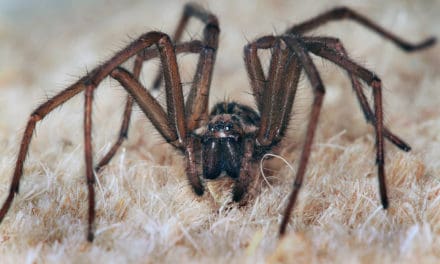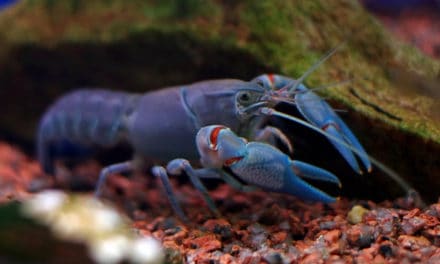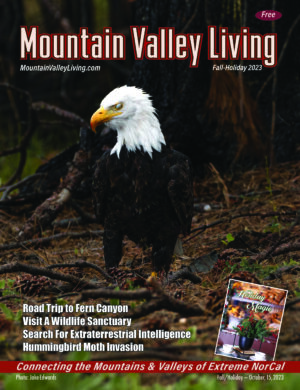By Melissa Wynn
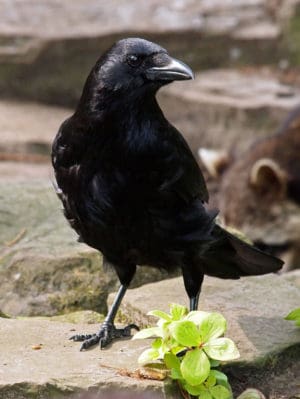
Living on every continent except Antarctica, the crow is a bird that many of us see on a daily basis. I never gave them much thought (unless they were in my trash can) until I found out how smart they are. I was reading clips from the PBS program “Nature”, on the internet, when the episode title “A Murder Of Crows” at pbs.org caught my eye. Did you know that a large group of crows was called a ‘murder’ ? The more I researched, the more I was fascinated by what I learned about the seemingly common crow.
Turns out that research shows they are among the most intelligent animals on earth. The crafty crow uses tools like elephants and chimpanzees and can recognize more the 225 distinct calls. Start feeding the crows and they will be able to pick you out of a crowd up to two years later. Now that is one bright bird.
One of the reasons we often see our brainy neighbor, is crows have learned to thrive making quite a decent living by moving in next door to humans. They adapt to our schedules to optimize food sources and even memorize and follow the garbage routes. What they can’t eat they will take away for nest building supplies. They definitely know my pick up day. Using traffic to open nuts for them and dining at the roadkill cafe also feed the crows, courtesy of their gullible human neighbors.
The common crow is a very social animal that mates for life and parents its young for up to five years. These amazing aviators even learn from each others mistakes. If a single crow in the murder gets killed in a particular feeding area, that group will avoid the area or might even change their migratory pattern for the next few years. Crows are true survivors.
I never thought that I would become a bird watcher for crows, but my interest has been peaked. The more I read, the more respect I have for the intellectual crow who can solve puzzles and even learn to talk. You can watch the full episode of the amazing documentary that made me officially curious about crows online at pbs.org.
Sources: wikipedia, pbs.org, US Fish & Wildlife Service


